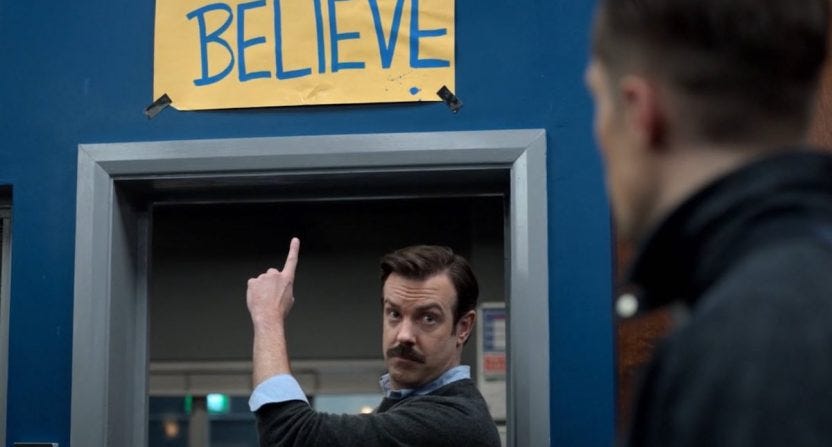
This post will mark three weeks since I’ve started this series, and so I’ve decided it’s time to get a little more personal. Even though do you know about characters who have spoken to me, I don’t feel like you could get a particularly good sense of me a person, even though I’d like to think my writing style is fairly distinctive and reflective in some, way of what it’s like to talk with me.
So let’s do that, shall we? Let’s get personal and vulnerable, while exploring the same themes that we have been taking a look at in the last two posts. I feel as if it’s a good way to practice the kindness, empathy, and positive masculinity I’ve been talking about, and it’s an opportunity to bee kind not just to others, but to myself.
About a year ago now, I went through what I would describe as a “rough patch”. I felt, somehow, as if a part of myself had “gone on vacation”. I am normally an extremely joyful person, and one of the things I take joy from is participating in witty banter or repartee with friends and acquaintances alike, a rapid stream of consciousness fire of zany pop cultural references that comes a mile a minute. People tend to make a lot of assumptions about me, so this dialogue which takes control of conversations and introductions is a way that I’ve adapted to politely dismiss these assumptions or play into them when appropriate.
All of these things apply to the eponymous Ted Lasso, played by the wonderful Jason Sudeikis. Here’s a link to one of my favorite moments in season one. I always connected with the scene, but didn’t put it together so that it could apply to my own experiences. Later on, in season two, sports psychologist, Dr. Sharon Fieldstone, says about Ted’s speaking pattern: “This is obviously your way of connecting with new people. Makes sense. It’s very disarming”. I woke up one morning, and I was no longer able to access any of those parts of myself. I was in this emotional state because I was unable to maintain my usual mood, just like Ted. I realized that maintaining one emotional state is an impossible metric and I wondered if my own attitudes were in some way artificial, contrived, nothing but a dangerous coping mechanism.
Over the next couple weeks, I experienced what I can only describe as feeling a profound outpouring of divine love, mercy, and grace as I was talking to some students about technical theater and later when talking with my therapist, I was able to access that part of myself once again, the one which I had wondered whether it would ever come back. I was able to realize that to feel a full spectrum of emotions is normal. This reignited my spark and I was able to accept that even though I was not always able to maintain my usual demeanor that didn’t mean it was not valid or just a coping mechanism, but a genuine part of the things that make me who I am, although not all of it, and not inherently toxic or unhealthy. All of this, because of Ted Lasso.
This, I think speaks to the power of stories to help us to better understand ourselves, and work through our issues, but there’s perhaps an even greater lesson to be found here: you are not, and are never, alone.
Penn State Crisis Line:
1-877-229-6400
Crisis Text Line:
Text “LIONS” to 741741
It’s a very strange feeling to realize that you’ve lost touch with that elusive sense of “who you are.” I’m very glad you’ve gotten it back because I too have been in a similar situation. I also LOVE Jason Sudeikis so I’m going to have to give Ted Lasso a watch as well. I enjoyed your emphasis on dialogue in this post!
As someone who struggled with their mental health within the last year, I want to thank you for sharing. We need to destigmatize these conversations, and both the show and character of Ted Lasso are actively contributing to this. Challenging toxic masculinity, having honest conversations about mental health – it is all so incredibly important.
Thank you Emily, for such a lovely comment!
Thanks for your vulnerability Mitchell – it’s refreshing! I’ve definitely had moments similar to what you described. As for the show, I’ve heard about it, but I am even more interested in watching it now!
I appreciate your vulnerability; I very much relate to the whole “losing myself” feeling you dealt with at this present moment. I like how you juxtaposed your vulnerable moment with Ted Lasso’s character. Personally, I’m more interested in watching Ted Lasso because of your relatable juxtaposition. The sentence structure of your post, particularly the use of first-person pronouns, directly places the reader in your shoes, which helps makes this conversation on masculinity and mental health that much more relatable and introspective!